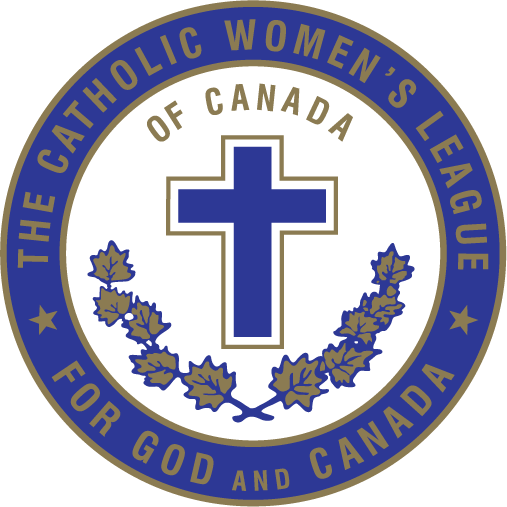Glenda Carson, National Chairperson of Social Justice, September 15, 2024
FOR: Provincial Chairpersons of Social Justice
Dear sisters in the League,
The following information describes two bills related to Internet safety that will be debated this fall in parliament and aspects of medical assistance in dying (MAiD) that would benefit from advocacy by members.
Online Safety for Canadian Children and Youth
Bill S-210 Protecting Young Persons from Exposure to Pornography Act is at its third reading. The bill requires Internet service providers to provide age verification filters that block access to pornography by children and youth. The concern of this bill is that it does not specify how the age verification process would occur, and that implementation would be challenging. There is also concern that the technology used for the age verification process could open individuals up to identity theft. However, advancing technology for age verification is reducing the risk of age verification filters by preventing the website from “seeing” information that could identify a user. The third-party age verifier cannot detect which site a user visits, making age-verifying technology as safe as Internet banking.
This bill pertains to the current resolutions: 2017.02 Mandatory Age Verification Mechanisms for Adult Pornographic Websites and 2002.11 Responsible Internet Use for Children. The League supported a petition in favour of this bill at the request of the Canadian Conference of Catholic Bishops (CCCB) earlier this year. Ongoing communication with federal legislators during its third reading regarding the importance of this bill and the advances in age verification technology remains essential.
Bill C-63 An Act to enact the Online Harms Act, to amend the Criminal Code, the Canadian Human Rights Act and An Act respecting the mandatory reporting of Internet child pornography by persons who provide an Internet service and to make consequential and related amendments to other Acts is currently at its second reading. It addresses online harms such as cyberbullying, revenge pornography and other forms of online harassment, and introduces a new government body, the Digital Safety Commission. Concerns have been expressed that the power of the commission and the definition of hate crimes within Bill C-63 could be used to silence legitimate grievances and advocacy voices such as those from Black, Indigenous and religious communities. While support for this bill is essential, the rights of Canadians must be ensured.
Medical Assistance in Dying (MAiD)
In February 2024, Bill C-62 An Act to amend the Criminal Code (medical assistance in dying), No. 2 delayed the planned expansion of medical assistance in dying (MAID). It remains that legislators continue to be reminded of the risks of MAiD to vulnerable populations, such as Canadians living with disabilities, through letter writing, petitions, postcard campaigns and in-person visits to one’s MP, which are effective means of relaying concerns. League postcards addressing the various concerns of MAiD are available on the national website for councils to use.
The Symposium on Palliative Care, a collaborative effort by the CCCB and the Pontifical Academy for Life, identified many areas of advocacy to stop or at least slow the relentless progression of MAiD in society, including the following:
- Palliative care is the medical option to MAiD, but access and timely referrals remain elusive. Despite the Framework on Palliative Care in Canada Act, inconsistent standards across our nation still exist.
- Seniors in nursing homes, as well as pediatric populations, are seriously underserved. Perinatal and newborn palliative care is an area that also deserves attention.
- The resolution, 2016.04 Amend the Canada Health Act to Identify Palliative Care as an Insured Health Service remains relevant with the additional need for billing to be separate from MAiD.
- The conscience rights of healthcare workers require protection. This currently rests with the provinces/territories, given the failed attempts at passing federal legislation. Nova Scotia is the most recent example of a regulatory body requiring all physicians to refer their patients for MAiD regardless of their stance on the procedure.
- Advocacy for MAiD-free safe spaces in hospitals and hospices has become essential, as has improved government support for palliative care at home and for families.
- Government and accreditation agencies need to be urged to devise better data collection methods, separating palliative care and MAiD services.
ACTION: With your diocesan counterparts, please encourage members to monitor information arising from these legislative debates, reach out to their MP with their concerns, take part in education opportunities and consider developing a resolution. This will aid Canadian legislation that can make a real difference in the lives of those most vulnerable.
God bless,

Glenda Carson
National Chairperson of Social Justice


